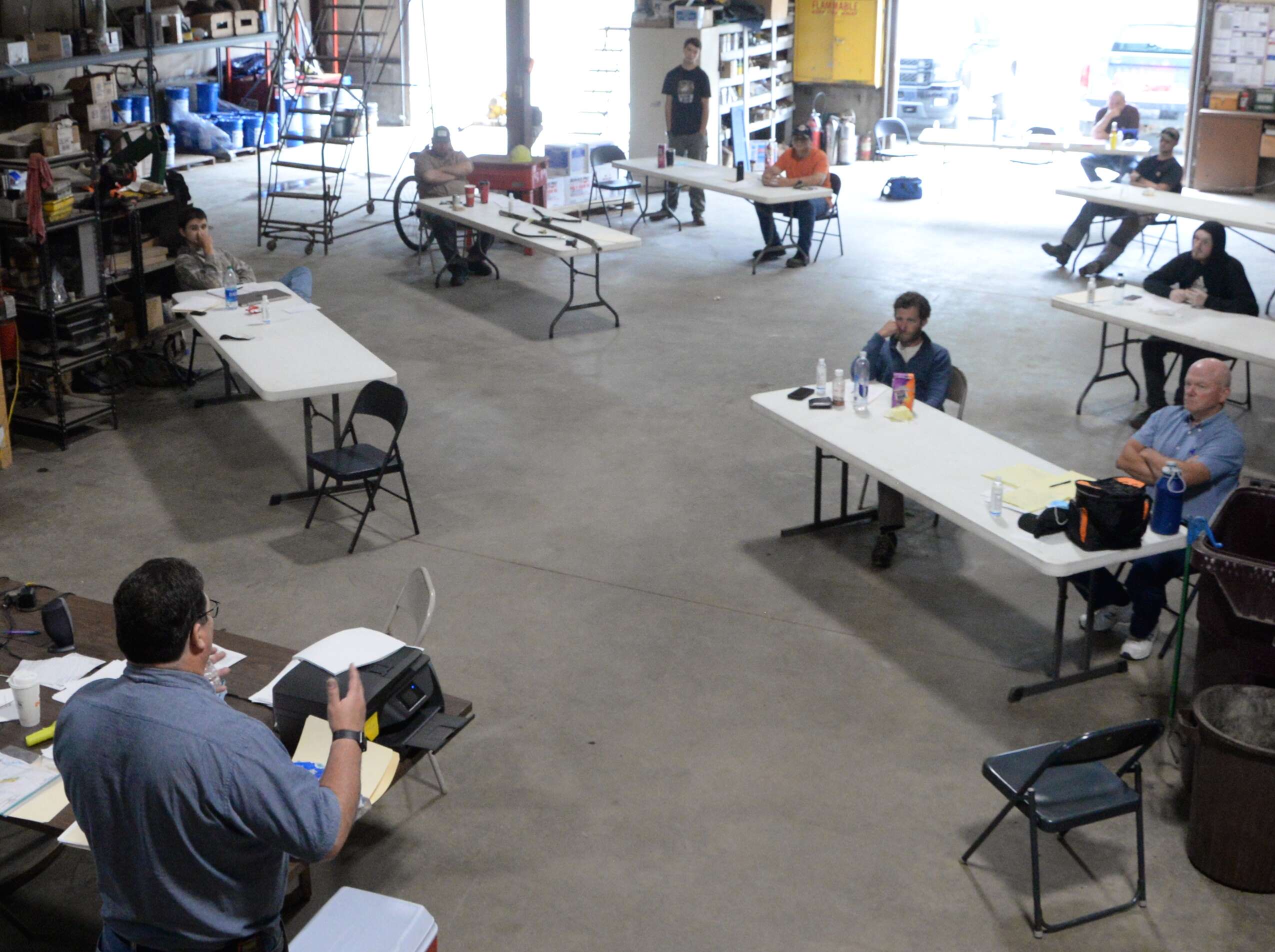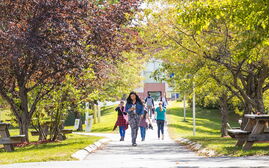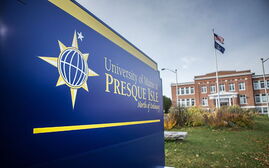
Processing Your Payment
Please do not leave this page until complete. This can take a few moments.
- News
-
Editions
-
- Lists
-
Viewpoints
-
Our Events
-
Event Info
- Women's Leadership Forum 2025
- On the Road with Mainebiz in Bethel
- Health Care Forum 2025
- On The Road with Mainebiz in Greenville
- On The Road with Mainebiz in Waterville
- Small Business Forum 2025
- Outstanding Women in Business Reception 2025
- On The Road with Mainebiz in Bath
- 60 Ideas in 60 Minutes Portland 2025
- 40 Under 40 Awards Reception 2025
- On The Road with Mainebiz in Lewiston / Auburn
- 60 Ideas in 60 Minutes Bangor 2025
Award Honorees
- 2025 Business Leaders of the Year
- 2024 Women to Watch Honorees
- 2024 Business Leaders of the Year
- 2023 NextUp: 40 Under 40 Honorees
- 2023 Women to Watch Honorees
- 2023 Business Leaders of the Year
- 2022 NextUp: 40 Under 40 Honorees
- 2022 Women to Watch Honorees
- 2022 Business Leaders of the Year
-
-
Calendar
-
Biz Marketplace
- News
- Editions
- Lists
- Viewpoints
-
Our Events
Event Info
- View all Events
- Women's Leadership Forum 2025
- On the Road with Mainebiz in Bethel
- Health Care Forum 2025
- On The Road with Mainebiz in Greenville
- On The Road with Mainebiz in Waterville
- + More
Award Honorees
- 2025 Business Leaders of the Year
- 2024 Women to Watch Honorees
- 2024 Business Leaders of the Year
- 2023 NextUp: 40 Under 40 Honorees
- 2023 Women to Watch Honorees
- 2023 Business Leaders of the Year
- + More
- 2022 NextUp: 40 Under 40 Honorees
- 2022 Women to Watch Honorees
- 2022 Business Leaders of the Year
- Nomination Forms
- Calendar
- Biz Marketplace
Training for the 'original social distancing profession' — logging — is back
 COURTESY / PROFESSIONAL LOGGING CONTRACTORS OF MAINE
A student from the 2019 class of the Mechanized Logging Operations Program gets hands-on practice using a harvester machine.
COURTESY / PROFESSIONAL LOGGING CONTRACTORS OF MAINE
A student from the 2019 class of the Mechanized Logging Operations Program gets hands-on practice using a harvester machine.
While the COVID-19 pandemic has forced many postsecondary schools in Maine to cancel classes, a training program in logging may be the first in the state to return to regular instruction since the spring.
The 12-week certificate program began online July 6 and moved into the woods northeast of Old Town this week.
The Mechanized Logging Operations Program is an educational joint venture of the Maine Community College System and the Professional Logging Contractors of Maine and industry partners, the partnership announced Tuesday.
Students spend 11 weeks harvesting timber using state-of-the-art machines like those they will encounter in the logging industry. The hands-on experience students gain operating equipment is unavailable anywhere else in Maine and neighboring states, the trade group said.
Logging and woods trucking industry contributed an estimated $619 million to the state economy in 2017, playing an important role in the state’s $7.7 billion forest products industry, according to a study conducted by the University of Maine and the Margaret Chase Smith Policy Center.
This summer’s class is the fourth since the program launched in 2017. Graduation will be held in October.
The PLC said Instructors and students are observing proper social distancing and other COVID-19 protocols to operate safely while preserving the machine operation and harvesting experience that is key to the program’s success.

“Logging is the original social distancing profession, and with the program being primarily outdoor-based with the class split into two small groups and individual students spending the majority of class time operating alone in pieces of equipment and communicating via radios, we are able to preserve the experience while maintaining safety,” Donald Burr, the program’s coordinator, said in the release.
100% job placement
The latest class to complete the program graduated last September. All 15 students enrolled in the program completed it successfully and all received job offers in the logging industry.

Despite the many recruiting, organizational and economic issues brought on by the pandemic, this summer’s class is also full.
“This program offers the most efficient and affordable pathway into an exciting and good paying career in the Maine woods available,” Dana Doran, executive director of the Augusta-based Professional Logging Contractors, said in the release.
“The experience and education students receive in this program is unmatched, and job prospects for graduates are strong because even in the current economy mechanized logging experience is a rare skill set that is in demand.”
High pay
The program gives students a broad overview of the most common mechanical systems found in modern timber harvesting equipment, and an understanding of the variables of timber growth, tree species and markets. It includes a strong emphasis on safety.
Students pay no tuition, but are responsible for transportation, housing and food costs. Personal protective equipment is provided by the program.

Mechanized logging operators are among the highest paid members of the logging workforce. Demand for skilled operators of the feller bunchers, harvesters, grapple skidders, forwarders, delimbers and other mechanized logging equipment that now harvests more than 95% of all timber in Maine is strong even in a down economy.
Many current operators are reaching retirement age and the steep costs of training new operators is driving up demand and wages.
The program works in tandem with the state’s vocational training system and has drawn many of its students from within the logging industry itself as well as from Maine’s five Career and Technical High School logging programs in Dyer Brook, Farmington, Frenchville, Norway/South Paris and Rumford/Mexico.
For the first time, the PLC said, logging operators are being trained similarly to other advanced trade occupations with a high school and postsecondary pathway approach.
The program was jointly developed by the PLC and Northern Maine, Eastern Maine and Washington County community colleges with support from Milton CAT/Caterpillar and Nortrax Inc./John Deere. Other industry supporters include Weiler, Pro Pac, Labonville Inc., Davco, Katahdin Fire Company, Waratah, American Forest Management, Randall Madden Trucking and Madden Timberlands, Inc.
About the Professional Logging Contractors of Maine
Founded in 1995 with a handful of members who were concerned about the future of the industry, the PLC has grown steadily to become a statewide trade association which provides independent logging contractors a voice in the rapidly changing forest products industry. Board membership consists of only loggers, making it an organization that is run by loggers on behalf of loggers.













0 Comments